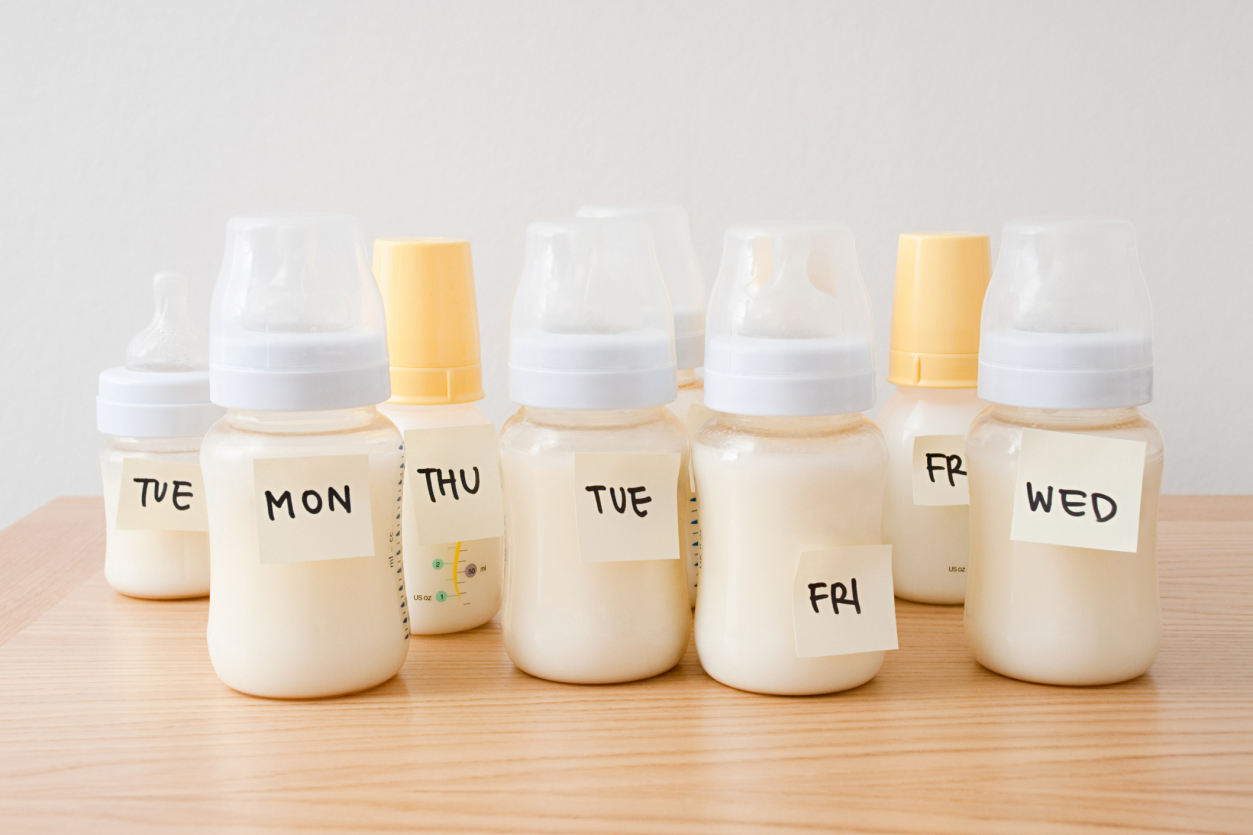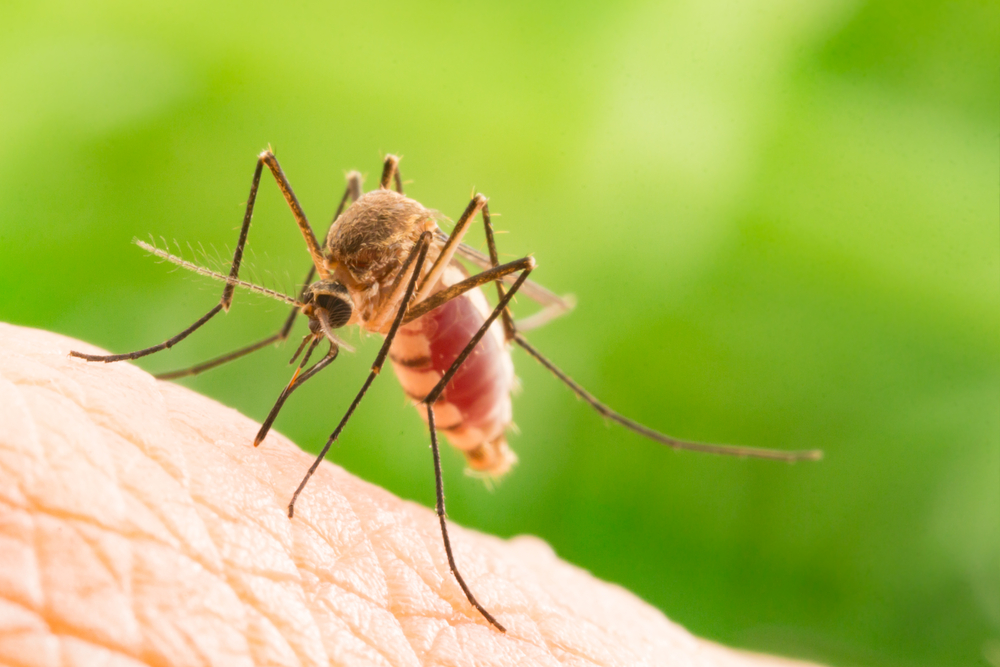Contents:
- Medical Video: Clinical Presentation of Congenital Heart Disease by Nancy Braudis, RN for OPENPediatrics
- The difference between healthy children and children with congenital heart disease
- What do teachers and instructors need to know?
- Activities allowed
- Drugs
- What should be done if the student will do the surgery?
- What do you need to know after the student has been operated on?
- Possible behavior changes
- Physical and mental effects arising from surgery
- Teacher and school support
- Important points
Medical Video: Clinical Presentation of Congenital Heart Disease by Nancy Braudis, RN for OPENPediatrics
Congenital heart abnormalities are conditions that occur early in pregnancy. This condition can include one or a combination of abnormalities in the child's heart structure. Some other disorders such as:
- Hole in the wall between the heart chambers
- Valve abnormalities
- Abnormalities in blood vessels that lead to or leave the heart
In many cases, the cause of congenital heart abnormalities is unknown. In some, certain drugs or infections, such as rubella, contractions during pregnancy can also cause heart abnormalities. Congenital heart abnormalities are usually diagnosed when the child is still in preschool.
The difference between healthy children and children with congenital heart disease
Children with normal heart disorders do not need special attention when they study at school. However, children with more serious heart complications can show symptoms that require attention. These symptoms include:
- Cyanosis: Change the lips and nail pads when exercising, but do not disturb the child. Caused by decreased oxygen levels in the bloodstream.
- Easy to get tired: Children are easier to feel tired and may experience shortness of breath after exercising.
- Susceptible to lung infections: such as bronchitis and pneumonia. In some heart diseases, the amount of blood that reaches the lungs causes susceptibility to infection.
- Small body size: Children with heart disorders are usually shorter or lighter than their classmates. Children with congenital heart abnormalities find it difficult to gain weight.
What do teachers and instructors need to know?
Teachers need to know the pupil's heart condition and its implications for school activities. For example, if students who have a heart condition need more time to move from one class to another, allowances should be given to the student to give extra time and so as not to punish him if he is late. Parents and doctors can provide information about children's health, level of activity, and treatment to the school.
Activities allowed
The level of activity permitted is determined by the doctor. Ask parents if the child has restrictions on activities. Activity limits are sorted as follows:
- Students may be allowed to exercise and participate in every type of sport.
- Students may be allowed to exercise, but cannot participate in team competitions or sports.
- Students may not be involved in more than mild physical activity.
If you have questions about activity limits, contact the student's parents.
Drugs
Medications are usually taken at home. If students need to take medicine while at school, adjustments are needed between school and parents. As a teacher, you need to know what medicines your students use and their uses.
Discussing with parents can give you information, such as if students will be hospitalized. Information like this can help you identify and respond to the needs and concerns of students. Hospital treatment or surgery can cause changes in student behavior and learning performance at school.
What should be done if the student will do the surgery?
To help students before surgery, you can discuss with parents about when and how long students will not attend school. You also need to know specifically about what the student knows about the operation he is going to take, and whether he can discuss the operation with his students or classmates.
If you have questions about student surgery preparation or what should be told to classmates, contact parents. Some hospitals have teachers to help patients attend school. If your student will be treated for more than 2 weeks,
school activities can be adjusted.
Students who are hospitalized can get support from their classmates, such as "get well soon" greetings, audio CDs / CDs, or hospital visits. First check with parents of students before visiting.
What do you need to know after the student has been operated on?
Usually, children need a recovery process about 2 weeks after heart surgery is done. Students are recommended to resume activities slowly. For example, students can study at school half a day for the first few days of school, after surgery.
Possible behavior changes
You will see increased activity in students after surgery. It is important for you to discuss it with your parents or the child's heart clinic about changing student activity limits.
You might be able to see some behavioral changes when students return to school. This usually only happens temporarily. Some children need more time and attention than before surgery. Some children experience nightmares and disturbed sleep patterns, and get tired faster than usual. These things can affect student behavior at school.
Physical and mental effects arising from surgery
Depending on the type and degree of difficulty of surgery, some children may experience vision problems, neurological damage, or motor delay. This is more commonly found in open heart surgery. These problems can affect children's daily functions and social and emotional health. Early identification can provide early prevention and treatment.
Teacher and school support
Students with congenital heart disease need your support in developing academic potential. Your support is very important. If the student has special needs due to a heart problem, he or she must be submitted to the school board for the handling process. Discuss the needs of students with parents or a child's heart clinic.
Important points
The condition of the heart often has an impact on student performance in school, both activities inside or outside the classroom. Teachers must know the limits on students' physical activity due to heart conditions.
Teachers are expected to understand that heart surgery can interfere with student school activities, physical effects, and other behaviors.
Good coordination with parents or a child's heart clinic, teachers can help the success of children who have a heart condition.
Hello Health Group does not provide medical advice, diagnosis or treatment.












